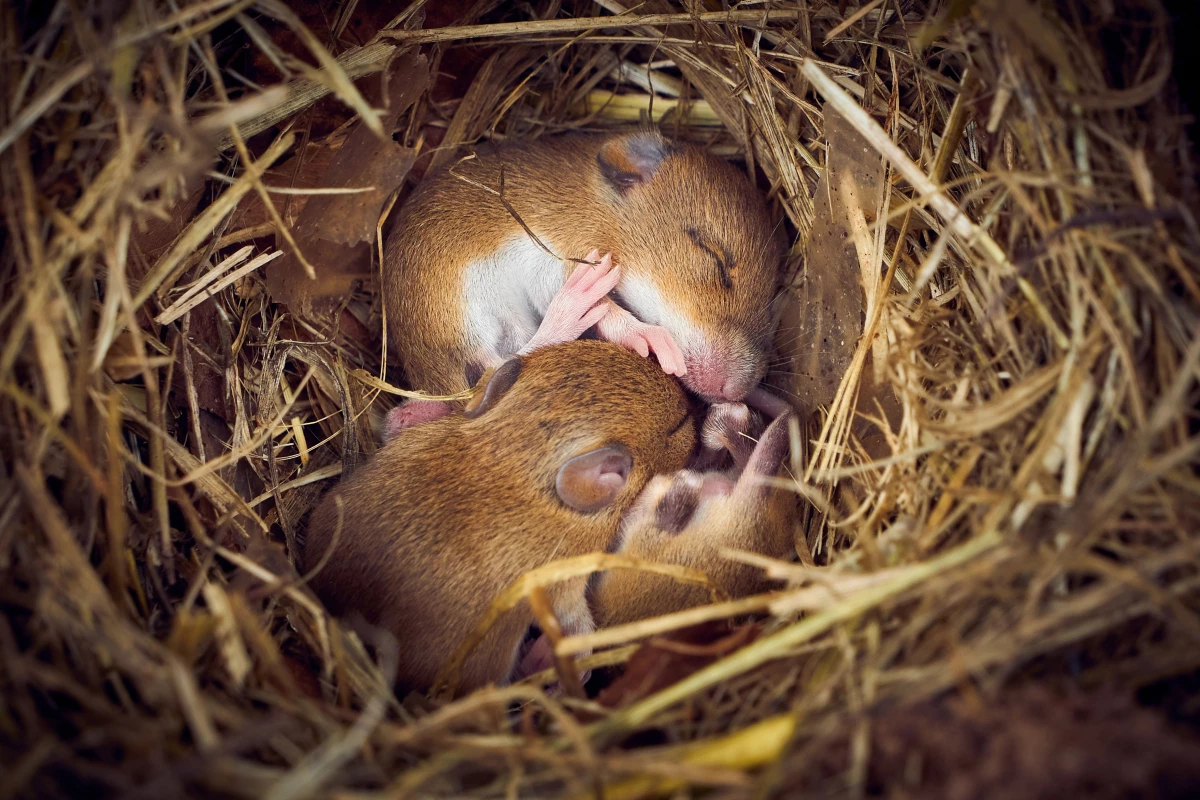A surprising finding from researchers in Japan has shown how an environmental factor can influence the development of sex organs in unborn mice. The discovery challenges the longstanding belief that sex is determined purely by genetic factors.
The study, led by researchers at the University of Osaka, found that pregnant mice that were deprived of iron during the time when their unborn babies were undergoing the phase of development during which sex organs form, gave birth to a small percentage of mice that had ovaries instead of testes – or a mix of both.
The reason this change happened has to do with an enzyme called KDM3A which is responsible for activating a gene that guides male sex determination called Sry. Sry is found on the Y chromosome in mammals and when it is activated, it steers a fetus to develop male sex organs. The KDM3A enzyme that leads to this activation relies on dietary iron to get the job done.
So the team carried out two sets of experiments on pregnant mice.
In one, the mice were given an iron-removing drug during the five days surrounding the time of embryonic sex determination. In this case, four of the 72 mice with XY chromosomes (male) that were born had two ovaries instead of testes and one baby mouse had one testis and one ovary.
In the second experiment, the female mice were put on a low-iron diet starting four weeks before they became pregnant and continuing for six weeks. At first this approach didn't affect sex determination. But when a loss-of-function mutation on the gene that codes for KDM3A was introduced, two of the baby mice out of a group of 43 with XY chromosomes had ovaries instead of testes. For mice in which the loss-of-function mutation was activated but iron levels were normal, there was no effect on the sex organs of their offspring.
Because of the small number of offspring affected by the iron depletion, the researchers are hesitant to draw a definitive conclusion between iron deficiency and the development of sexual organs; however, they believe that further research into the link is warranted. It's also unknown whether the findings will translate to pregnant human mothers who are iron deficient, but the researchers do point out that iron is a key nutrient in terms of healthy pregnancy for mice or humans.
The findings have been reported in the journal Nature. In an interview for Nature's podcast, Rachel Fieldhouse, a reporter who covered the findings, was asked about how the researchers felt about their discovery.
"They weren't surprised, but they did note that this is one of the first pieces of evidence to show the environmental factors can influence sex determination," she said. "They are also looking more further afield into how iron can affect other gene expressions to see if it's more than just sex determination."
You can hear more of that podcast at the beginning of the episode featured below.
Source: Nature Publishing Group via Phys.org





